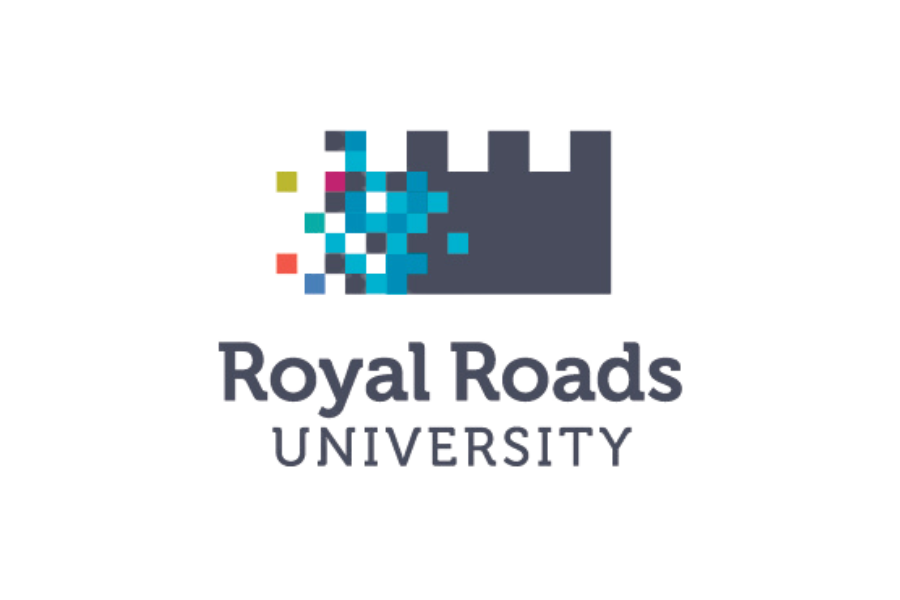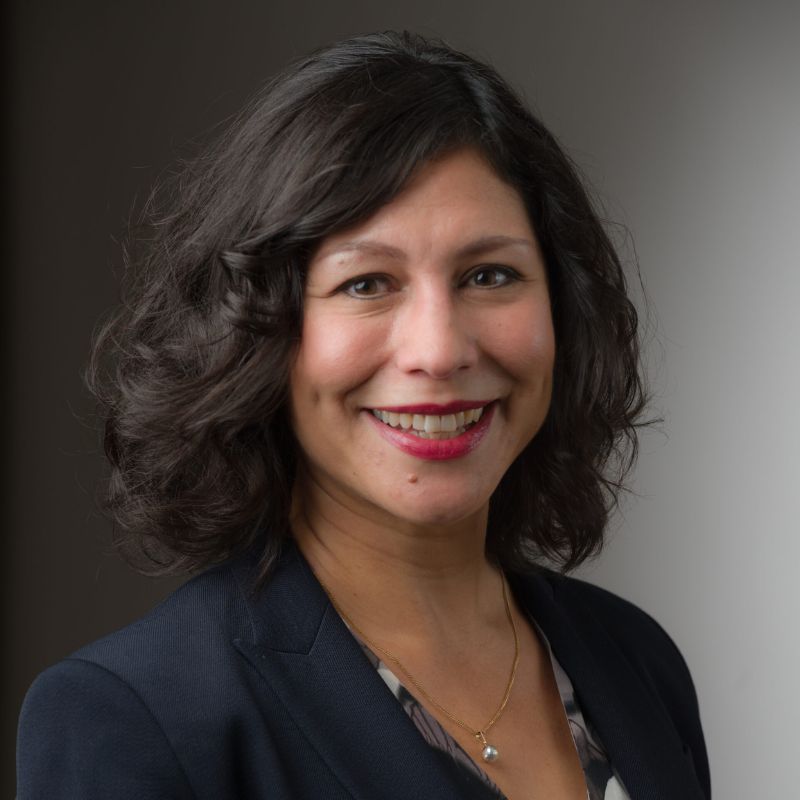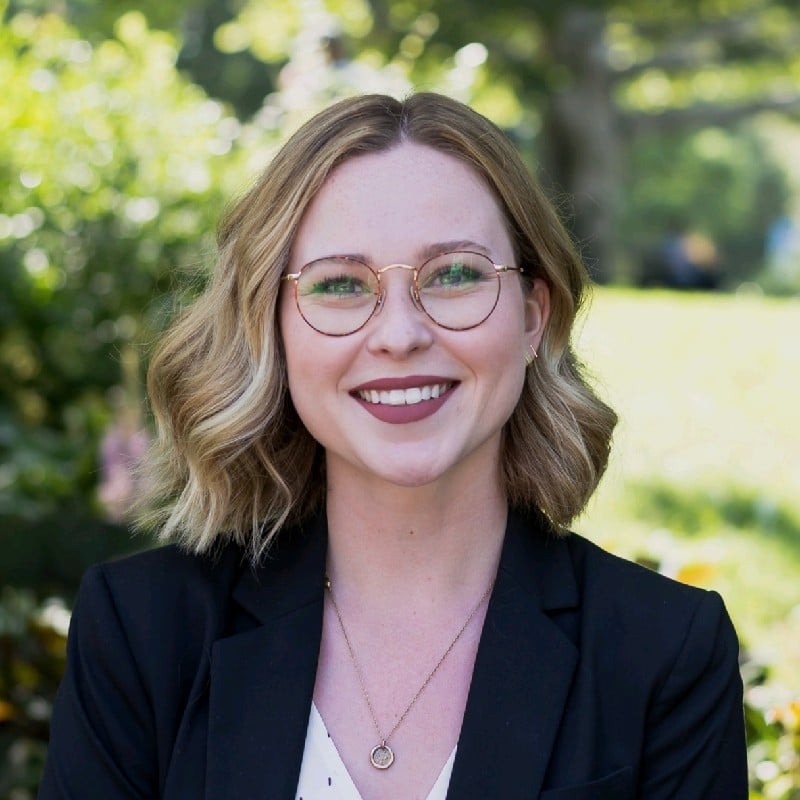Courses
Online and in-person courses focused on developing Transition Leadership competencies. ASI offers course development, design, and instruction to academic and non-academic partners.
Members Network
A peer network for sustainability professionals who want to accelerate climate action at work or in their community.
Custom Engagements
Workshops, facilitation, eLearning, and other customized support to lead on climate action.
Research
Research focused on Transition Leadership and climate action workforce development.
News
Stay informed about ASI’s most recent news, blogs, reports, and publications.













